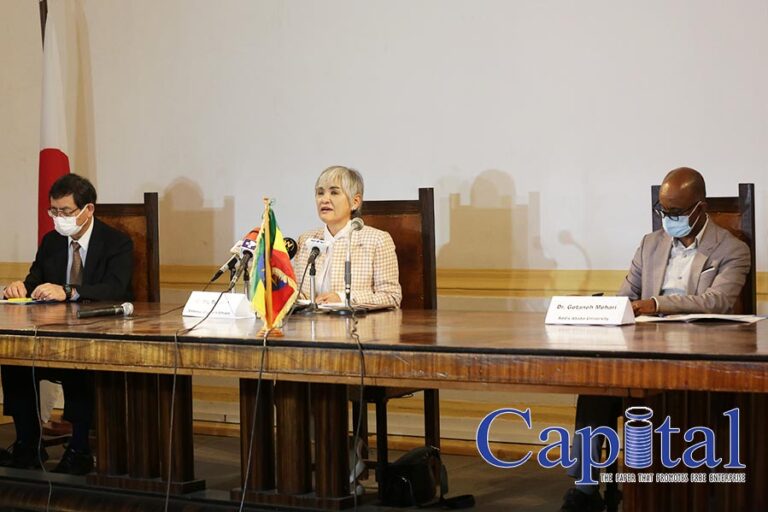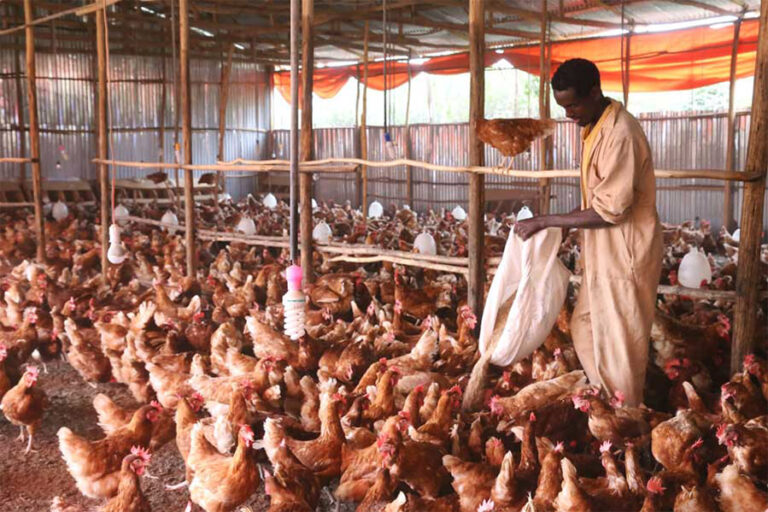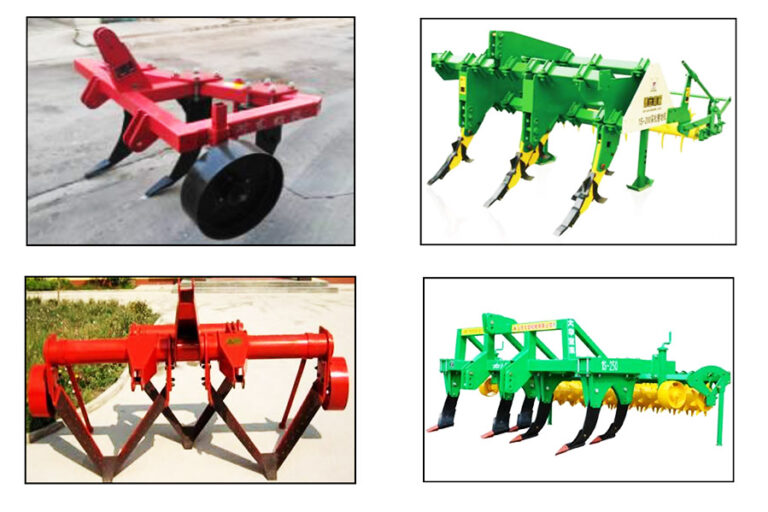Experts push for leniency and consideration
Confiscating foreign currencies from individuals ought to have significant weight that also considers the circumstances of the holders, experts opine.
The government is taking various measures on confiscating foreign currencies without taking to full account of conditions from those who hold and face the ensuing legal consequences for having the foreign notes.
A letter issued by the Minister of Justice (MoJ) and later sent to the Economic Crimes Affairs Attorney General Directorate at MoJ, a few weeks ago, has been easing the process allowing the law enforcement apparatus to just confiscate foreign currency that is worth USD 100 and below. It added that criminal charges against those who hold said foreign currency, with the stated amount and below face being held in for further questioning.
However, legal experts are expressing their concern signaling that government may not benefit from this enforcement. The experts opine that it would be best to line alternatives ways to mitigate illegal currency circulation and put in place instruments to identify which ones are acquired illegally and currency that is flowing through a regular or lawful manner.
According to legal expert, Daniel Getnent, this understanding is backed by the human element that, ‘Money benefits the holders rather than the government.’ “These types of measures expand the illegal activity rather than individuals going to legal transaction centers. To this regard, confiscating does not benefit the government,” Daniel said whilst elaborating on the matter.
He recommended that government ought to introduce a legal exchange market to formalize the scheme as opposed to tightening the controlling, “that I believe only expand crimes on the sector,” Daniel underlined.
He added that the latest decision also allows security personnel to be involved in corruption since it allows for the confiscation of money from individuals pockets without charge.
“Compromising the situation and undertaking detailed studies to introduce a new scheme to improve the sector is vital on the aim to expand the hard currency flow to the legal system,” Daniel expounded.
The latest decision of the law enforcement body regarding confiscating foreign currency without charge has led voices to pouring out their suggestion to government, hoping that the system will be considerate of the circumstances of the individuals in possession of the foreign currency.
A business man who has frequent travels abroad told Capital that from his observation at Bole International Airport, porters who support travelers are tipped for their service in foreign currency, “In the case that security forces come cross them on the way home, their money will be automatically confiscated, which is not fair,” the business man expressed whilst sharing a case scenario.
“Does that mean that they stand to face criminal charges if the money is more than USD 100?” he asked, puzzled by the severity of the matter.
Dereje Zebene, President of Zemen Bank, to this end explained that under the National Bank of Ethiopia directive ‘establishment and operation of foreign currency saving account for residents of Ethiopia, non-resident Ethiopia and non-resident of Ethiopian origin directive no. FXD/68/2020’ which was issued about two years ago, gives every Ethiopian a right to open a foreign currency saving account if she or he shall have the required document for the source of the foreign currency.
Experts said that an individual who may return from overseas trip with some cash or get a gift form loved ones shall open a foreign currency account with not less than USD 50 and deposit their foreign currency money legally.
“Say, if a certain man is strolling to the bank to change or deposit his foreign currency and is stopped amid trip by the police and charged for the possession of foreign currency, he stands the chance of losing his money’s worth, when confiscated and charged. This kind of issues must be answered by the law enforcement body than the case being opened for abuse. Questions ought to be asked and considered, such as how the foreign currency was obtained, before jumping to confiscate the currency,” Dereje underlined while showing various circumstances that may occur that often require the law to be considerate of the issues and condition.








